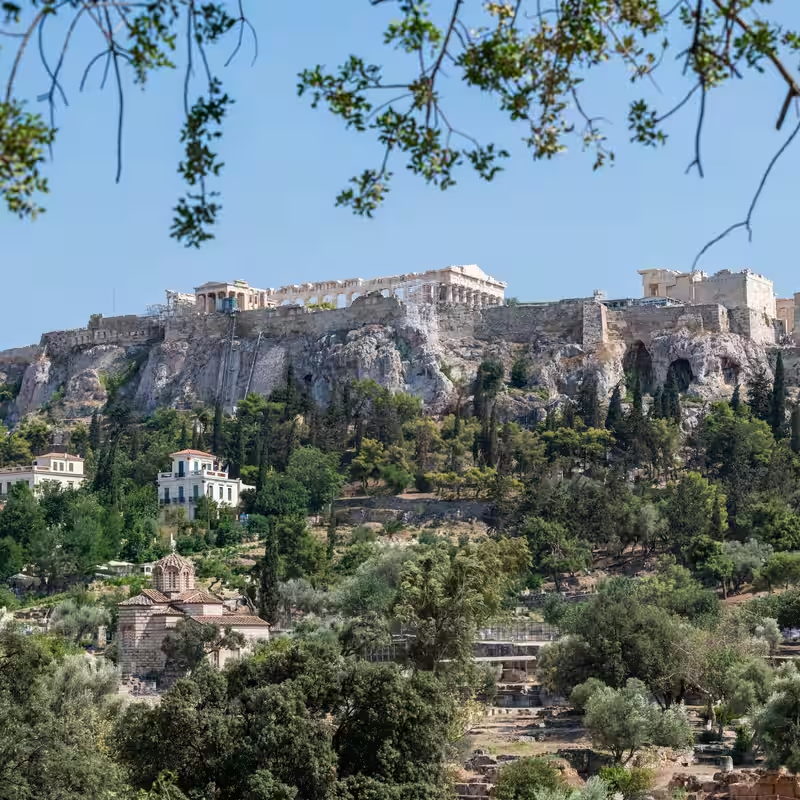Table of Contents
- Democracy in Crisis: The Mood in Athens
- From Fixing Democracy to Holding Its Funeral?
- Right-Wing Nationalism Now Mainstream, Experts Warn
- ‘Voting Isn’t Enough Anymore’
- Searching for New Visions in a Fractured World
- Sources
Democracy in Crisis: The Mood in Athens
Once the birthplace of democracy, Athens this week became the unlikely venue for a sobering global reckoning: is liberal democracy still viable in the 21st century?
At the 2025 Athens Democracy Forum—held from September 30 to October 1—participants didn’t just debate reforms. Many spoke as if delivering a eulogy. “This democracy thing is just not working,” one attendee bluntly remarked. Others echoed the sentiment: people are disillusioned, institutions are fraying, and trust in elections is eroding.
From Fixing Democracy to Holding Its Funeral?
When the forum launched in 2013, the tone was hopeful. The mission was clear: strengthen and repair democratic systems under pressure from populism and authoritarianism. Back then, democracy’s value was assumed; the challenge was technical, not existential.
Fast forward to 2025, and the narrative has shifted dramatically. “We don’t think voting is sufficient anymore,” said one panelist. Another noted, “People are taking to the streets—not to a political party.” The prevailing mood wasn’t about tweaking systems but questioning whether they can survive at all.
Right-Wing Nationalism Now Mainstream, Experts Warn
Neha Sahgal, vice president of research at Pew Research Center, delivered a stark reality check: in 2024 alone, around 60 countries held elections—and in many, right-wing nationalist parties didn’t just compete; they won.
“It doesn’t matter what ‘should be’ in our minds,” Sahgal said. “This is the reality right now.” From Europe to Latin America and parts of Asia, voters are increasingly turning to strongman rhetoric, anti-immigrant policies, and skepticism toward multilateral institutions.
‘Voting Isn’t Enough Anymore’
One of the most repeated phrases at the forum was a variation of: “Democracy needs more than ballots.” Participants argued that traditional representative democracy feels disconnected from citizens’ daily lives—especially younger generations who demand participatory, transparent, and responsive governance.
“Every effort at a global solution is blocked,” lamented another speaker, pointing to gridlock on climate action, migration, and AI regulation. In this vacuum, authoritarian models appear efficient—even if they sacrifice freedom.
Searching for New Visions in a Fractured World
Despite the gloom, the forum wasn’t without hope. Under the theme “New Visions for Hard Realities,” innovators proposed digital town halls, citizen assemblies, and AI-augmented civic engagement tools to rebuild trust.
Yet even optimists admitted: reinventing democracy won’t happen in conference halls. It requires grassroots energy, institutional courage, and—most critically—a renewed social contract between governments and the governed.
As one Greek attendee put it: “Democracy was born here. If it dies, let it not be without a fight.”




